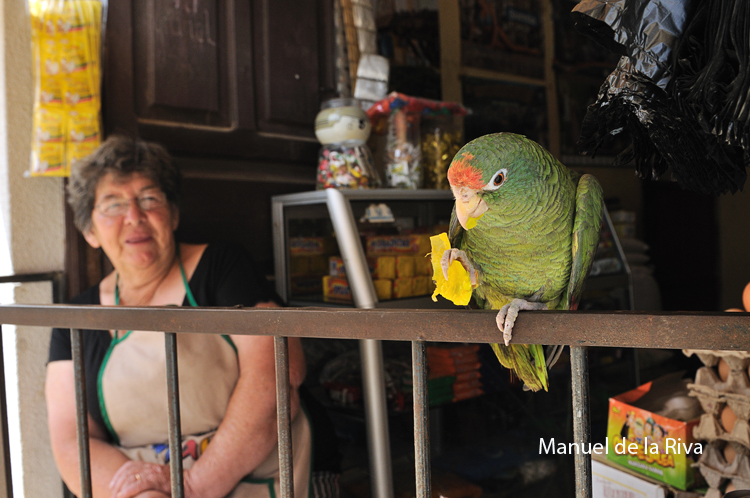International wildlife trade is a major source of current biological invasions. However, the power of trade regulations to reduce invasion risks at large, continental scales has not been empirically assessed. Although international policy responses to combat biological invasions have increased over the last several decades, responsibility for protection against invaders lies mostly on national governments. This has led to important differences in legislation among countries, reducing the invasion likelihood in countries or regions of implementation, but not tackling the problem of invasive species as a global issue, as risky species can still be exported to other countries. The European wild bird trade ban was implemented in 2005 to counter the spread of the avian flu. If the ban reduced invasion risk was tested in two European countries, where 398 nonnative bird species were introduced into the wild from 1912 to 2015. The number of newly introduced species per year increased exponentially until 2005 (in parallel with the volume of wild bird importations), and then sharply decreased in subsequent years. Interestingly, a rapid trade shift from wild?caught birds to captive?bred birds, which have lower invasive potential than wild?caught birds, allowed the maintenance of bird availability in markets. Results demonstrate the effectiveness of a trade ban for preventing biological invasions without impacting the ability to meet societal demands. informacion[at]ebd.csic.es: Cardador et al (2019) The European trade ban on wild birds reduced invasion risks. Conserv Lett https://doi.org/10.1111/conl.12631
https://onlinelibrary.wiley.com/doi/full/10.1111/conl.12631
Welcome
Welcome to the official website of the Doñana Biological Station (EBD-CSIC)...

The Doñana Biological Station: EBD-CSIC
The Doñana Biological Station is a public Research Institute belonging to the Spanish Council for Scientific Research CSIC in the area of Natural Resources...

Mission
Our fundamental mission is to carry out multidisciplinary research of the highest standard directed to understanding the way in which biodiversity is generated, maintained and deteriorates, as well as the consequences of its loss...

Our methods
We apply many techniques within a multidisciplinary framework, from molecular genetics to remote sensing, and from modelling to physiological and isotopic analyses...

Monitoring the environment
Monitoring biodiversity at the Doñana Natural Space cover a wide range of communities, including both terrestrial and aquatic organisms...

Aims
Our aims include the study of the ecological and evolutionary processes by combining field work, mathematical and statistical models and physiological and genetic analysis...
 News
News
 Las altas temperaturas están provocando que las lagunas y las marismas de Doñana pierdan agua rápidamente
Las altas temperaturas están provocando que las lagunas y las marismas de Doñana pierdan agua rápidamente
 Traffic noise causes lifelong harm to baby birds
Traffic noise causes lifelong harm to baby birds
 Illegal wildlife trade, a serious problem for biodiversity and human health
Illegal wildlife trade, a serious problem for biodiversity and human health
 Urbanization and loss of woody vegetation are changing key traits of arthropod communities
Urbanization and loss of woody vegetation are changing key traits of arthropod communities
The loss of woody areas is linked to a decline in the duration of the activity period, a higher tolerance to drought, and less dispersal capacity in both groups.






